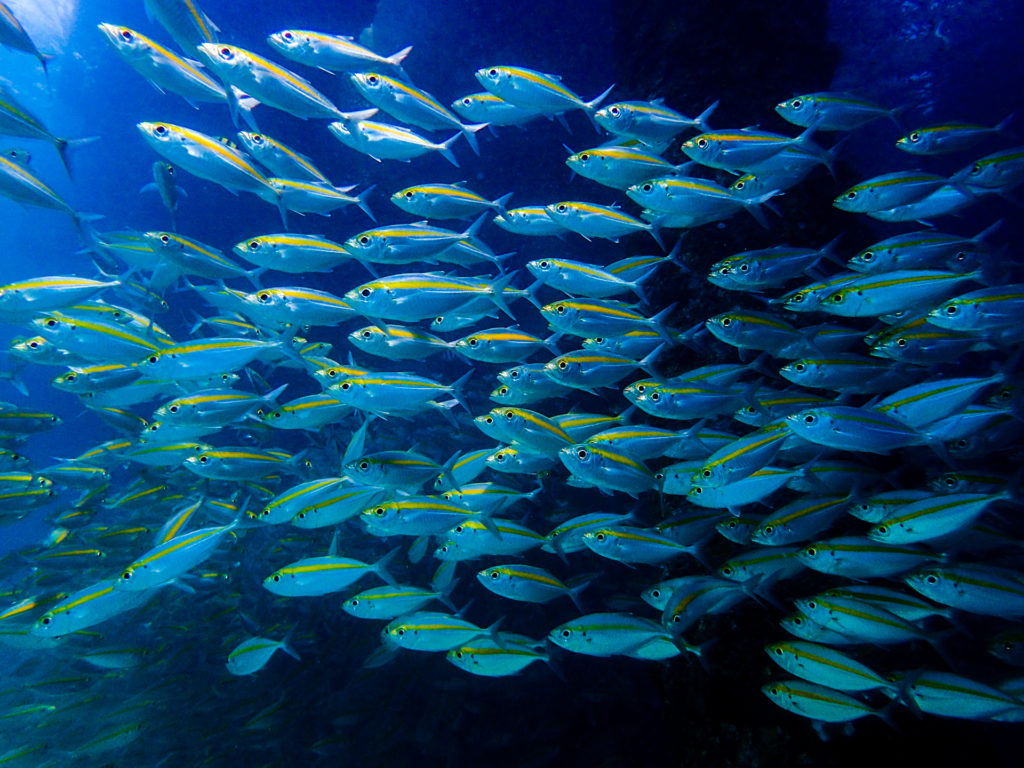CEBU CITY, Philippines — Oceana is seeking the approval of a national plan to protect and manage the country’s sardine industry, considering that sardines, canned, and otherwise remains a staple food for Filipinos.
A survey conducted in 2017 by the Social Weather Station together with Oceana found that 70 percent of Filipinos eat fish or any seafood for five days in a month; three out of ten or 30 percent of Filipino adults nationwide eat sardinas/silinyasi/tunsoy each month.
Recognizing the importance of sardines, Oceana is dedicating one of its campaigns to its protection. The advocacy organization calls on the Department of Agriculture and the Bureau of Fisheries and Aquatic Resources to promulgate the long-overdue National Sardines Management Plan.
The National Sardines Management Plan had gone through several public hearings and consultations for the past three years. The National Fisheries and Aquatic Resources Management Council had recommended its approval.
The sardine industry is also an important economic driver providing jobs and livelihood, for small scale entrepreneurs in the dried and smoked sector, and for factory workers in the canning and bottling sectors, Oceana pointed out.
“Aside from being the preferred food for our urban households, our poor fisherfolks have been dependent on sardines for their food and livelihood. It is an important fish for the Philippines as we take pride in nine species found in different parts of the country,” said Oceana vice president Gloria Estenzo Ramos.
Data from the Philippine Statistics Authority (PSA) show that 15 percent (average of 333,743 metric tons) of total marine fisheries production came from sardines in the past 15 years.
The municipal fisherfolks contributed 35 percent of this production and the other 65 percent was from the commercial fishing sector.
“The approval of the National Sardines Management Plan is not only imperative for the sectors dependent on this industry for their economic interests. With the COVID-19 pandemic, we saw again how important this is for our food security and health,” Ramos pointed out.
“Without sustainable management in place for this very important fish, our children may not be able to experience and even know that there is this nutrient-packed favorite food of our generation,” she added.
According to Oceana, there is ample evidence that fisheries with the best results are the ones that are governed through participative processes.
The Fisheries Management Plan (FMP) for sardines will allow the creation of a framework for monitoring and evaluation of its progress for the sardine fisheries managers and users to have information for timely decisions to be made, it added.
Since 2014, Oceana has been working closely with national and local government agencies, civil society, fisherfolk, and other stakeholders to restore the abundance of Philippine fisheries and marine resources. /rcg
